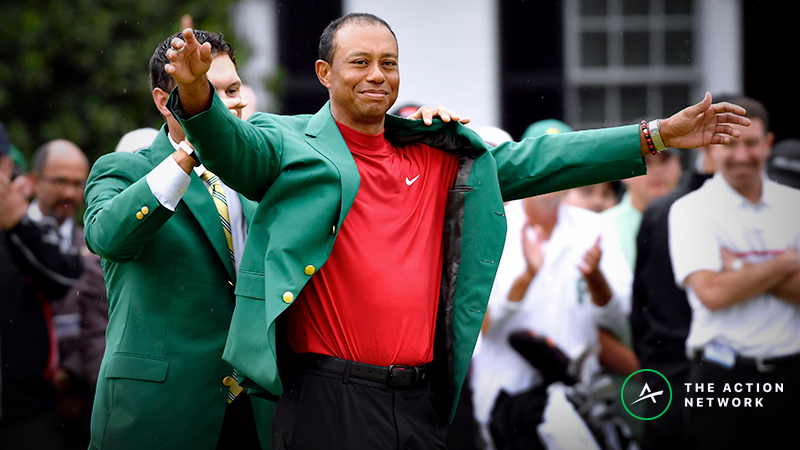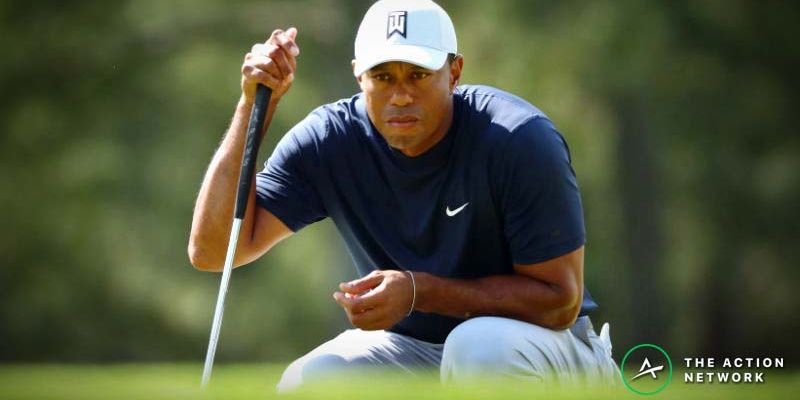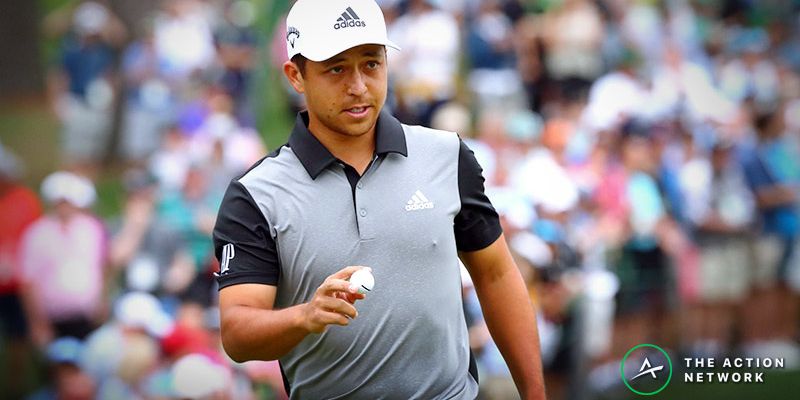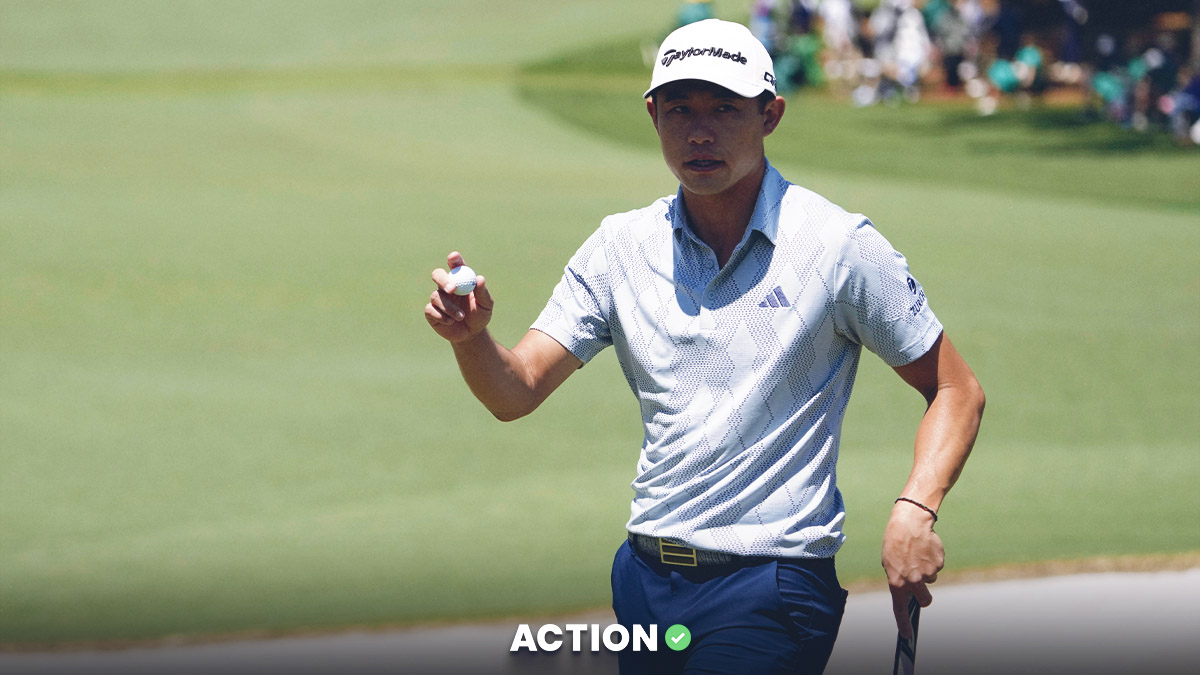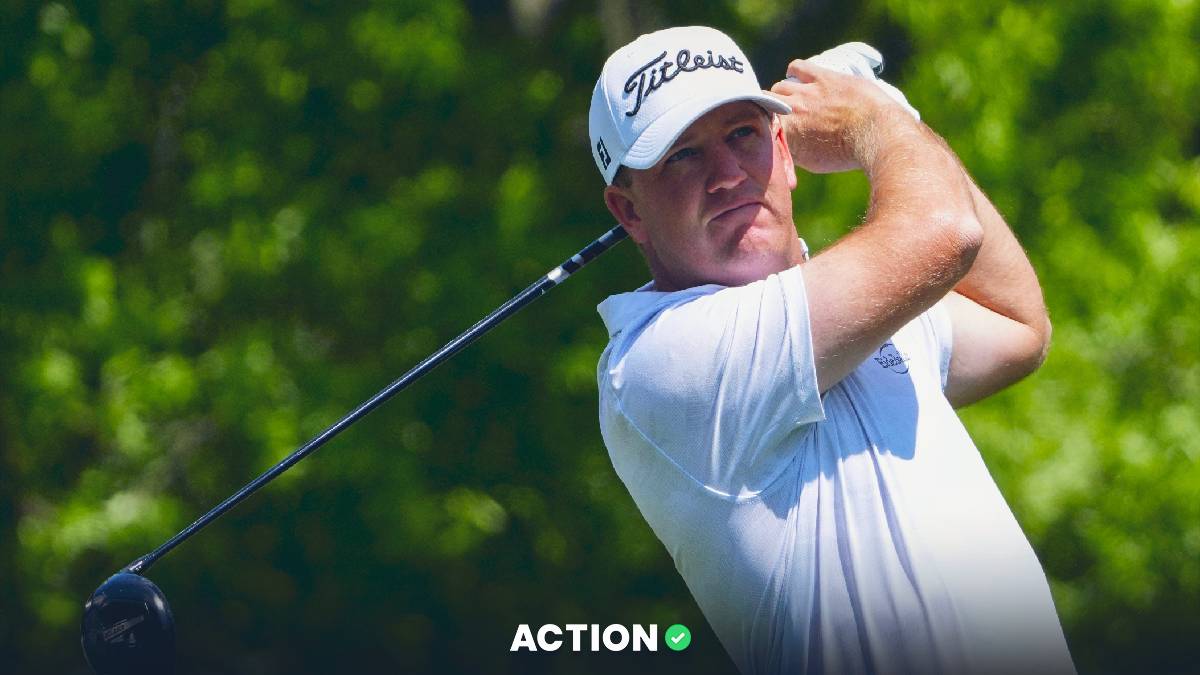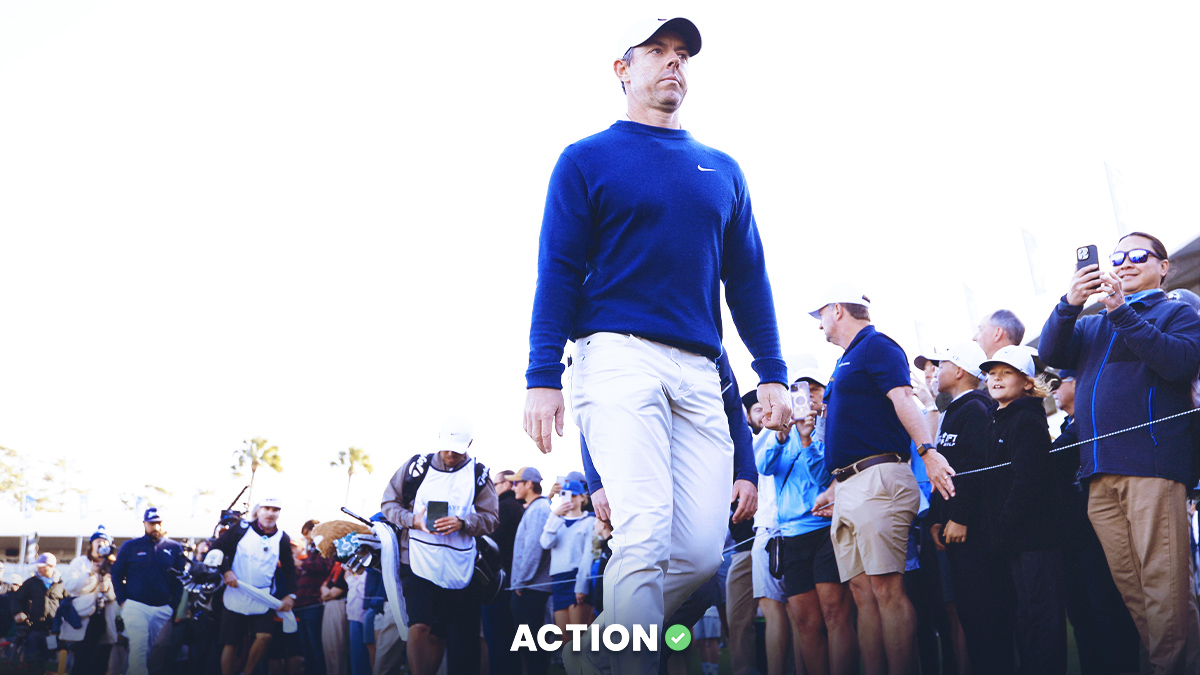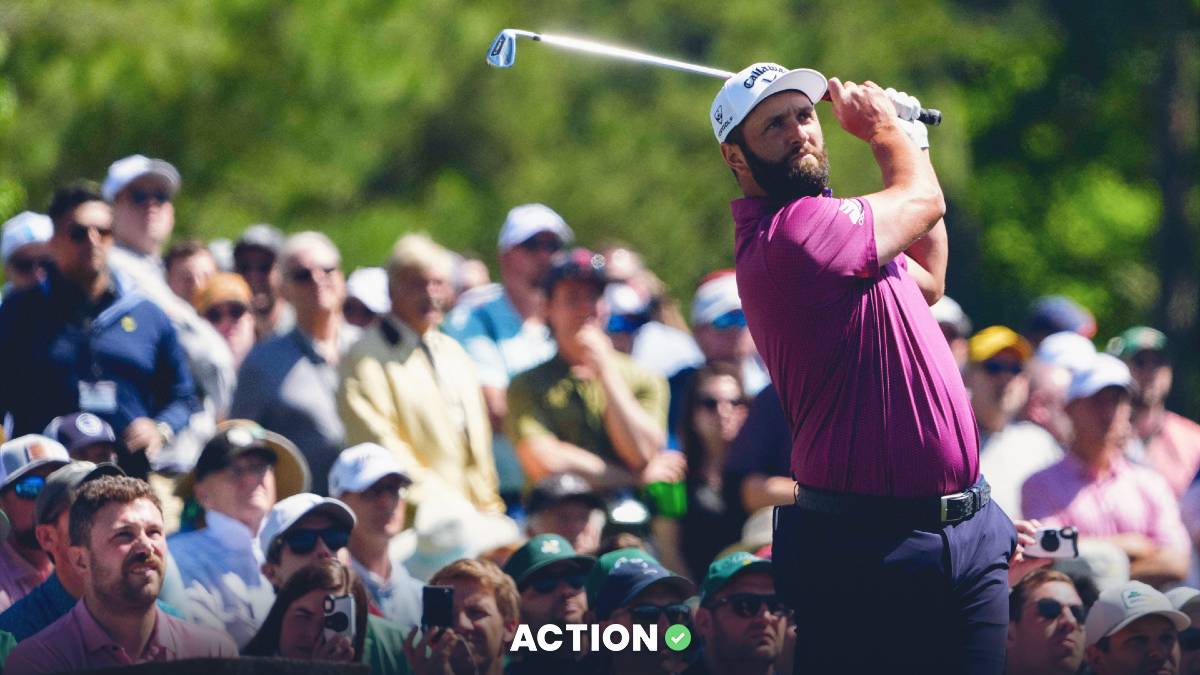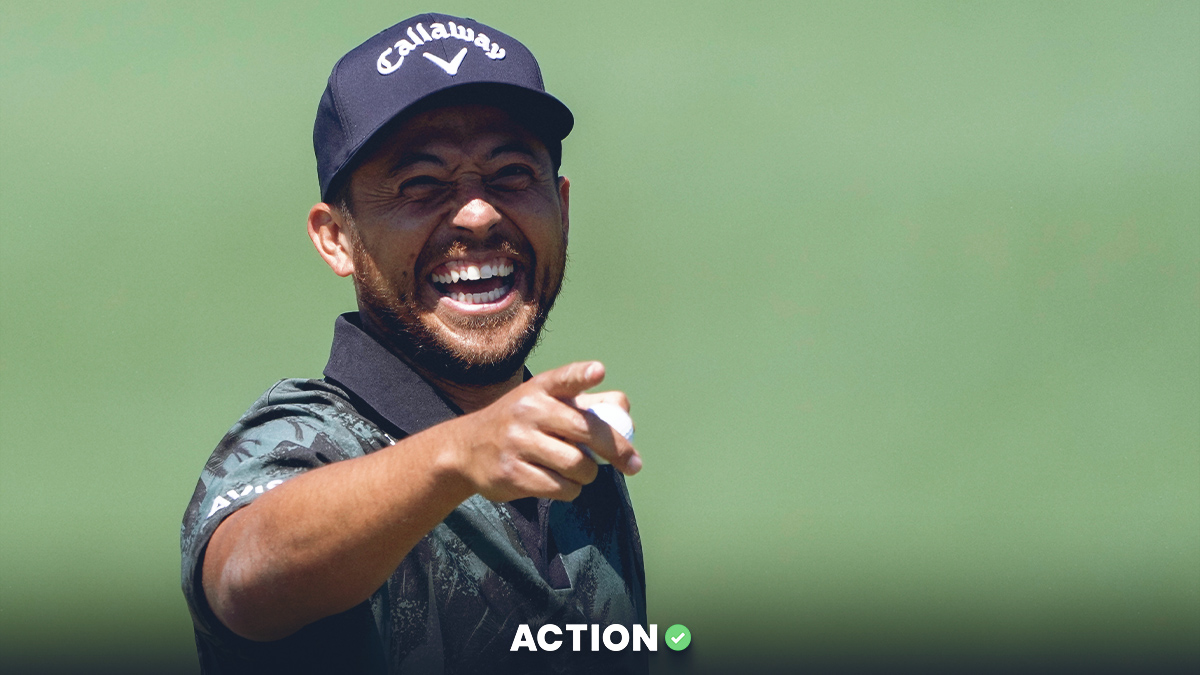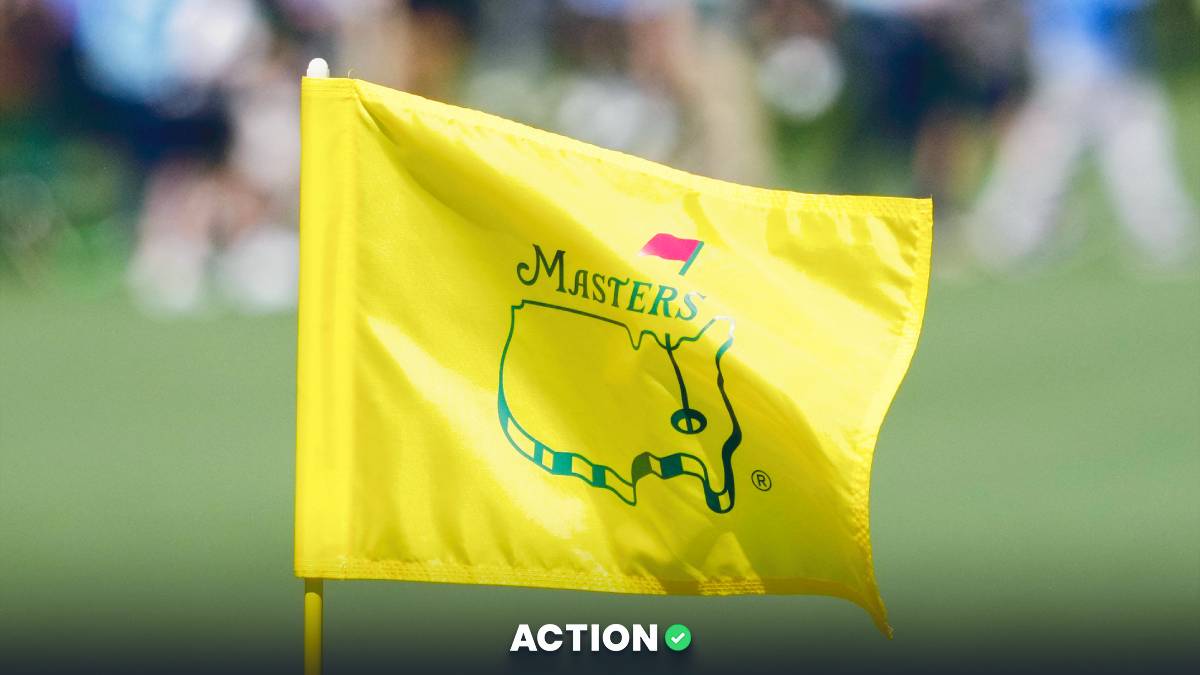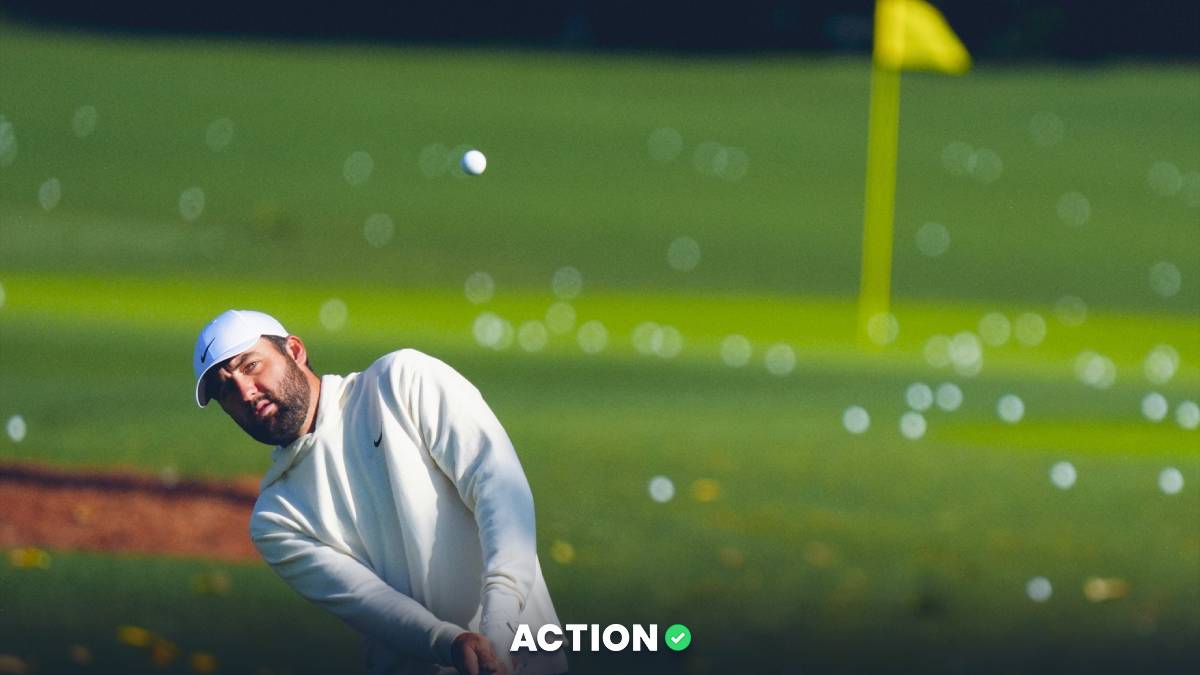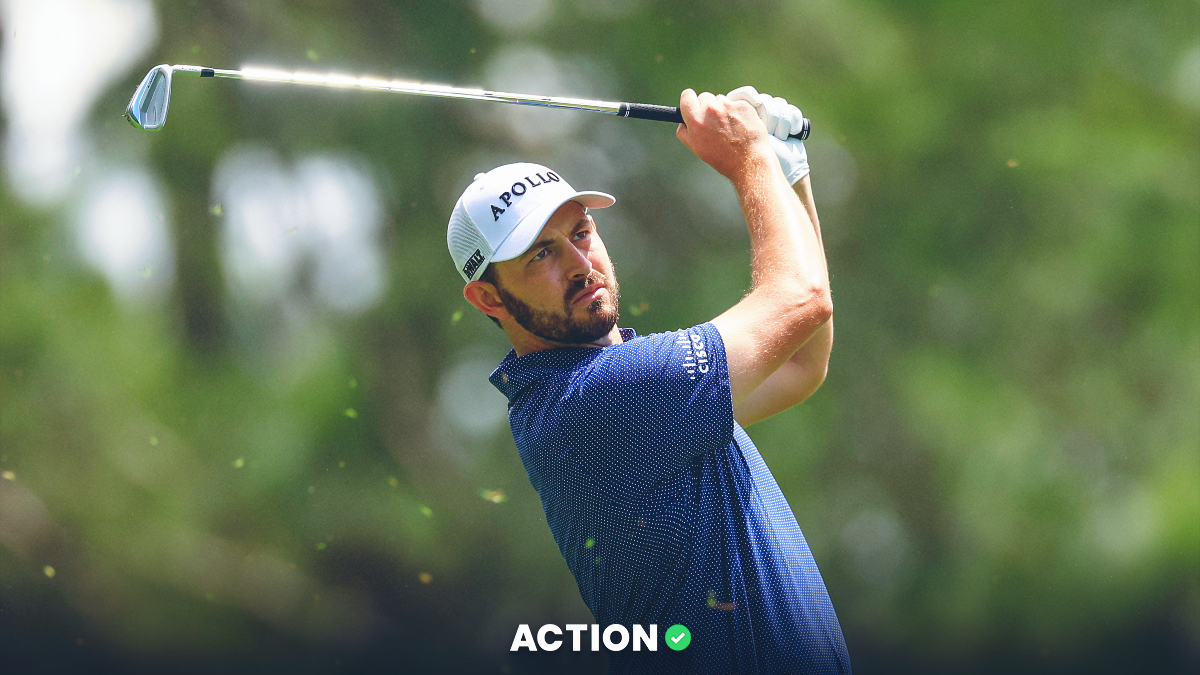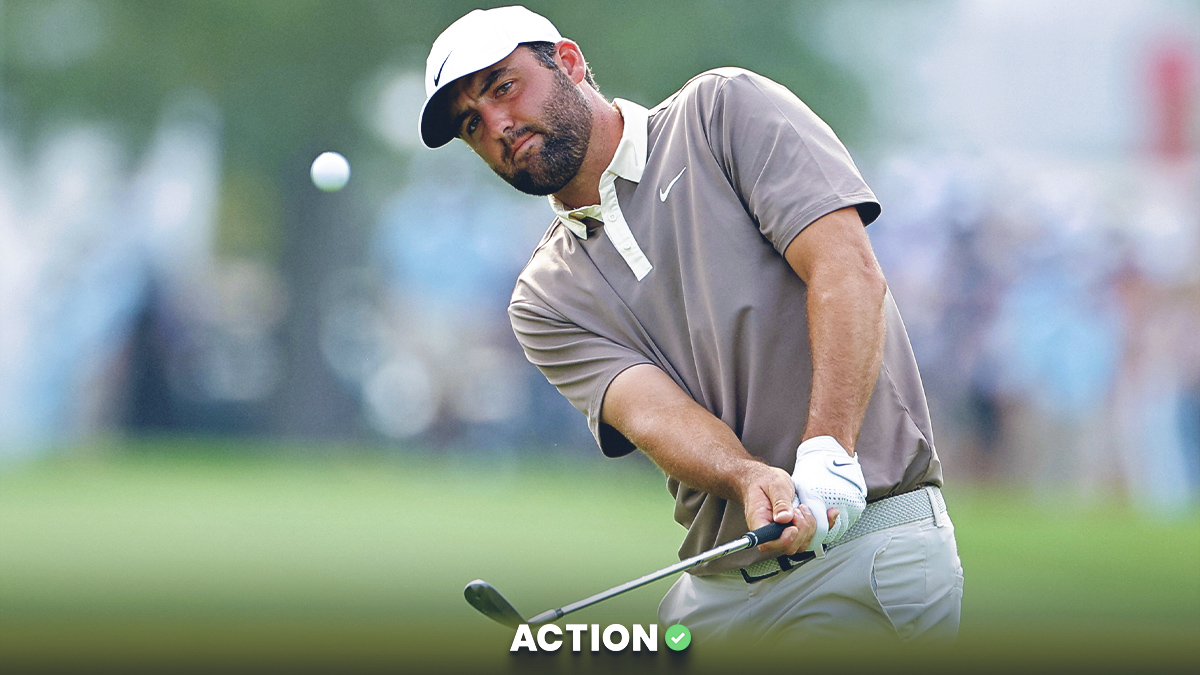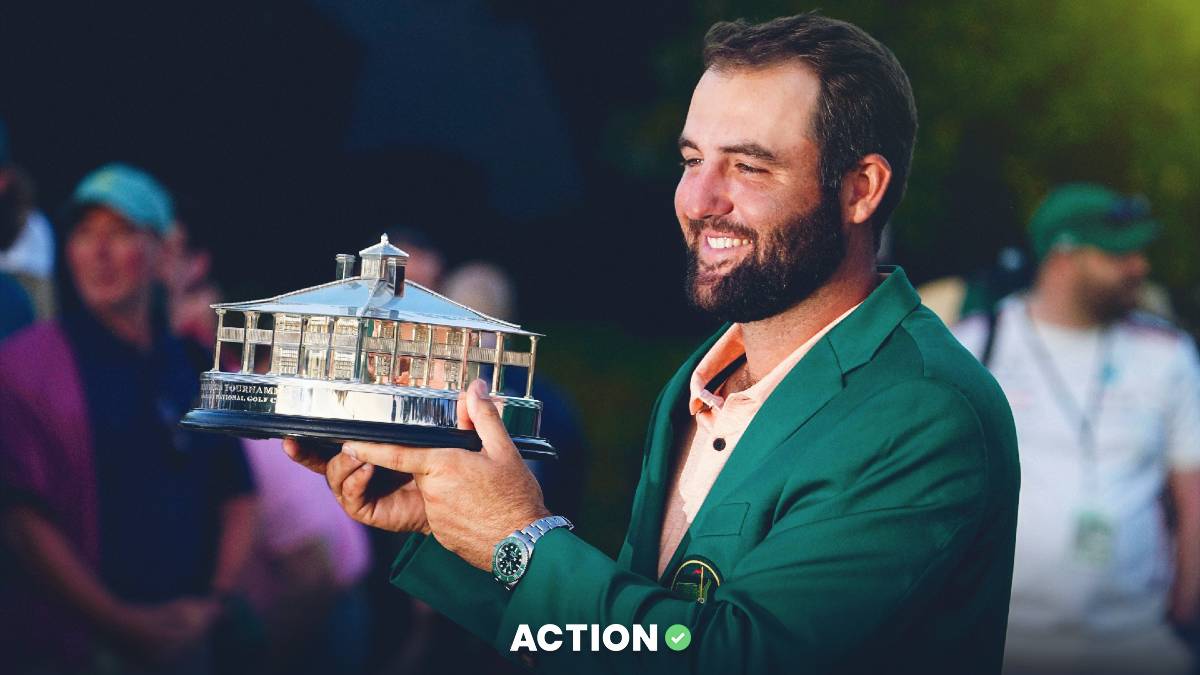"You have to peak four different times … that's something I've adjusted my schedule for this year, and I've adjusted my practice schedule to try and peak four different times. And that is a true art form of doing it. Jack [Nicklaus] was by far the best doing that, peaking four different times a year.” – Tiger Woods (March 3, 1998)
“I try and devote my schedule to try and get ready for those tournaments and peak at these four times a year.” – Tiger Woods (Aug. 9, 2000)
“I want to be ready for the majors and try and peak four times a year.” – Tiger Woods (Feb. 27, 2002)
“As I've always said, you want to peak four times a year.” – Tiger Woods (March 19, 2008)
“The whole idea is that I peak four times a year.” – Tiger Woods (May 10, 2011)
“I've got to save my body and be ready to peak four times a year.” – Tiger Woods (Feb. 1, 2017)
“The whole idea is to try and peak for four times a year.” – Tiger Woods (April 11, 2019)
FARMINGDALE, N.Y. — Like fist pumps and mock collars, Tiger Woods didn’t invent the idea of trying to peak four times each year. He just popularized it — over and over and over again.
Woods has never hidden the fact that major championships mean more to him than every other tournament. Like many other players, he prepares differently for the big ones. Scouting trips to the host venues. Rental homes (or the yacht) instead of a hotel room. And most importantly, a practice regimen which is geared toward trying to play his best golf during these four weeks each year.
All of which can help to explain why he’s won 15 majors, but still doesn’t fully answer the question that professional golfers have been asking themselves for decades: How do you peak four times per year?
“I've never understood it,” admitted Jason Day, his hands in the air in mock exasperation. “No one's ever told me how to peak. I've talked to a lot of people. Don't you want to peak for all of them? I know sometimes you've got to lower expectations, I guess, to a certain degree to get back up to peak level. It would be nice to win all of them, right? We always say we want to peak for majors, but if you ask them how do you peak, they probably don't know how they're peaking. I have no clue.”
“If anyone's come up with a formula, I would love to hear it,” Rory McIlroy said. “I would rather just have my game at a high level for as much of the year as I possibly can. If you're playing good enough, you're going to get yourself into contention more times than not and you just hope that some of those weeks are the bigger weeks.”
For many years, this was golf’s answer to a rhetorical question.
Some players — ahem, Tiger — won more majors than their peers not necessarily because they always brought their A-games to the majors, but because they’re better golfers and those ebbs and flows more often resulted in them having their best stuff on one of these weeks.
Recently, though, there’s been a definitive line of demarcation between those who are able to raise their games for the biggest events and the rest of the crowd. Tony Finau is a perfect example.
In his last five major starts, he’s posted four top 10s — much better than his ratio at non-major events. Same goes for Xander Schauffele, who has now competed in eight career majors and finished sixth or better in half of them.
And then, of course, there’s Brooks Koepka.
If there’s a poster child for peaking during the majors, Koepka’s sturdy jaw is firmly centered in that picture. In 18 career major starts, he owns nine top-10 results. That includes victories in three of his last seven.
All of which explains why, when posed with the question about how to peak four times each year, Rickie Fowler shrugged and offered, “Ask Brooks.”
So we did.
His initial response was more about scheduling than anything else during the actual tournament week.
“Every time I've won,” Koepka explained, “I've played the week before. We've looked at stats, we've looked at everything, and trying to figure out how I can better myself when it comes to a major. And I think playing that week before, building a rhythm, just getting a little bit more touch, a little bit more feel, and then working on whatever I need to work on, it's pretty simple.”
If that was the magic formula, though, then every player who competed the previous week would be mirroring at least part of Koepka’s success. There’s obviously more to it — and he thinks it’s his ability to not get too anxious or stressed out at a major.
“I keep things maybe more low key this week than I would on a normal week,” he continued. “I don't want to say take it less serious, but more of a relaxed atmosphere. I think sometimes you can kind of out-psych yourself, so I just don't let that bug me. Hey, it's just one week, one hole. You go out there, try not to make any bogeys, and if you're in trouble, just don't make a double because doubles are going to cost you majors, like Augusta.”
At that reference, he smiled, knowing that a tee shot into the tributary of Rae’s Creek at the 12th hole during the final round of last month’s Masters might be the only thing keeping him from owning a fourth piece of hardware right now.
That should only serve to underscore the point that Koepka has clearly figured something out, a secret that every other player in the world is trying to unlock.
And yes, five-time major champion Phil Mickelson believes there is a secret. But the secret to this secret is that it’s not the same thing for every player.
“I think there is a magic formula,” he said, “but it’s different for each person. Finding that mix is the key — what works best for you, how to get your best game out, how to be high-energy and be focused and have your game sharp. It’s different for every player.”
Added Finau: “Sometimes guys’ games are just more suited for major championship golf courses than regular Tour events that we play. Jack Nicklaus is quoted as saying, the major championships for him were easy to contend in and the easiest to compete in. I think there’s a little bit to do with overcoming the pressure of people making it bigger than the rest of them. I think there’s a psychological factor.”
Some have figured it out. Others are still searching for the answer. It remains golf’s endless riddle: How do you peak four times each year when you want to play your best golf every week?
“We always say we want to peak for majors, but if you ask [players] how do you peak, they probably don't know how they're peaking,” Day said. “I have no clue. I've never understood the peak thing, that's just me.”


